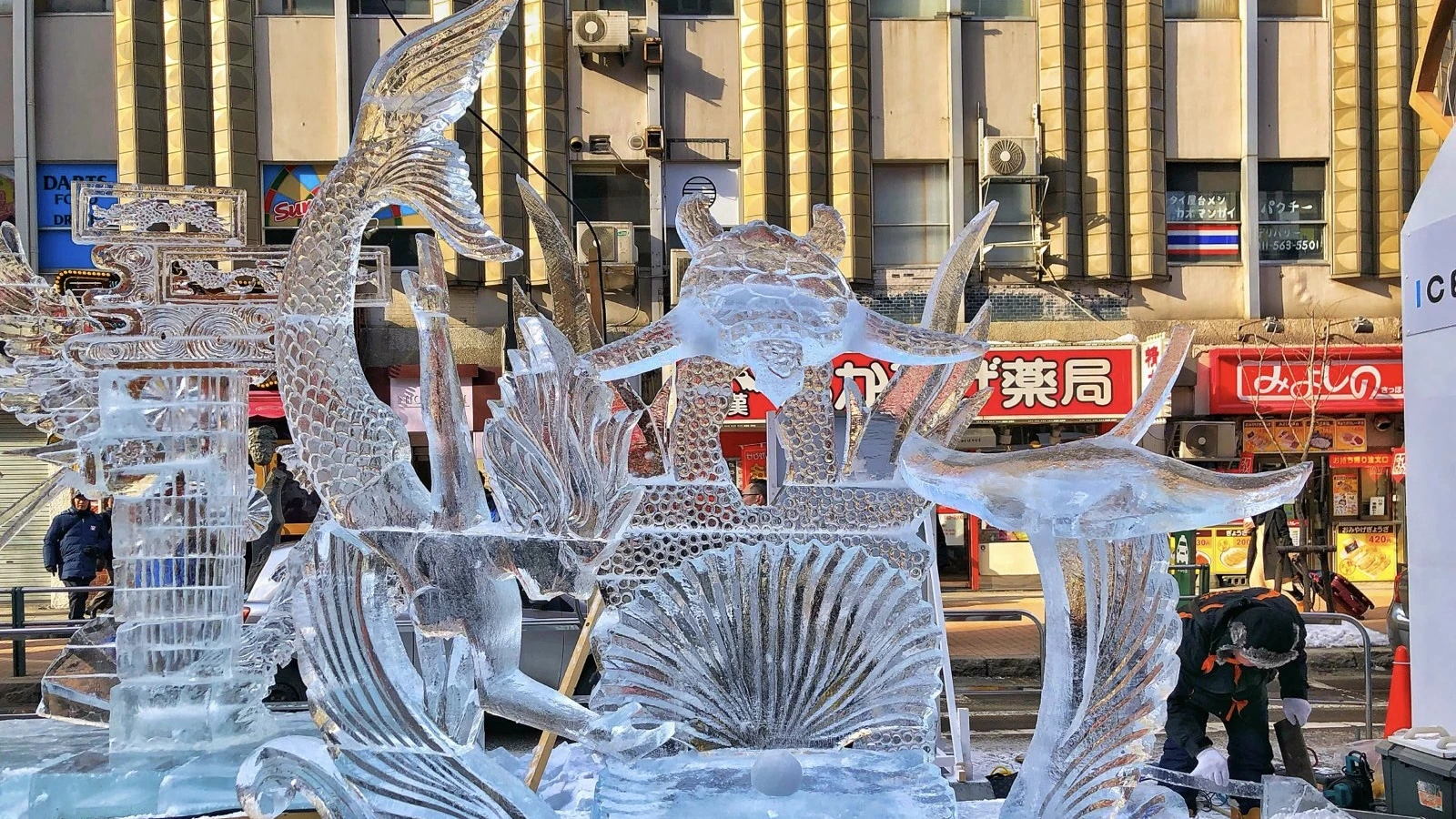Will White was born and raised in Kalihi Valley, immersed as a child into the nonprofit world. His father, John White, founded the Hawaiʻi Foodbank in 1983.
“I grew up in the warehouse, playing in boxes and jumping on the scale,” he told Aloha State Daily. “Watching my dad take this small little startup nonprofit and turn it into the statewide, well-recognized, established institution it is today, really impacted me.”
He said his interest in policy was fostered by his godmother Amy Agbayani, a champion for civil rights.
After graduating from Kamehameha Schools, White moved to the Mainland, where he spent 20 years working in the policy space with community organizations in New York City and San Francisco. He returned home in 2021 with his wife and son to live in the same generational housing lot he did when he was younger.
“I love the back of Kalihi Valley, watching the rain come in sheets across the mountain. I could watch that for hours. That is my happy place,” White said. “The three of us enjoy going to Hoʻoulu ʻĀina family work days once a month. Hawaiʻi is home.”
Upon arrival, he worked in the state Department of Budget and Finance under Gov. David Ige, according to the nonprofit, before joining Hawaiʻi Appleseed Center for Law & Economic Justice as the director of the Hawaiʻi Budget & Policy Center, and most recently served as deputy director.
Effective April 1, White became the center’s new executive director, succeeding Gavin Thornton who stepped down in December 2024 after being at the helm for eight years. Thornton was Hawaiʻi Appleseed’s first employee, according to the nonprofit’s website.
White said what motivated him to go for the job was his love for the organization and the work it does. The issues most pressing for Hawai’i Appleseed include affordable housing, food and transportation equity, wages and labor and taxes and budget.
Looking ahead, he is interested in adding climate change research and advocacy to the mix. “It’s not necessarily making it new work – since climate change affects our food systems, transportation and housing policy, just adding another lens of climate justice to our analysis … so that we can prepare populations who are hurting the most and build up the infrastructure in Hawaiʻi for it, too.”
“Whatʻs key is having that 10,000-foot view to be able to look at how all of these issues are interacting with each other, rather than focusing on just one issue at a time.”
White added, so far, he’s been learning something new everyday. “It’s almost like drinking from a firehose,” he laughed.
“Gavin left a legacy at the organization. Hawaiʻi Appleseed is on a solid foundation,” he said. “As far as making my mark, I’m not concerned with differentiating myself as a leader as much as I am continuing this good work that we’ve been doing for more than 20 years.”
When asked how he plans to grow the organization over the next 20 years, White said, “I think we have to stay the course because the big transformational changes still need to happen.”
There were small wins this legislative session, he continued, like free lunches in DOE schools or eviction notice extensions, “so pushing for those changes to provide true economic justice for folks,” is the goal, he said.
Currently, Hawaiʻi Appleseed has 12 staff members, including White, who also oversees the nonprofitʻs annual budget of more than $1.5 million, per Pro Publica.
“The majority of our funding comes from private foundations, but I would love to make a more concerted effort to engage more individual donors,” he said. “That’s a more grassroots approach: asking people to give what they can and to become an advocate versus just a donor, so we can call on them to send a letter to the finance chair, for example. In theory, they’d probably be more likely to do it after writing a check.”
Community engagement is another pillar of Hawaiʻi Appleseed’s efforts and something White aims to expand. Right now, the nonprofit is hosting listening sessions in specific communities. Another strategy is to identify future leaders to participate in a new training it would offer.
“My goal is to create a cohort with about five-to-10 community leaders per each issue area,” he said. “I’m excited because this is where change starts, with developing community leaders and providing them with the support they need to thrive."
White is a member of the 2025 HANO Fellows cohort, a program backed by the Hawaiʻi Alliance of Nonprofit Organizations for nonprofit executives in the Islands.
CONTACT
Hawaiʻi Appleseed Center for Law & Economic Justice
Will White, executive director
Phone: 808-587-7605
Email: info@hiappleseed.org
Website: hiappleseed.org
Kelsey Kukaua Medeiros can be reached at kelsey@alohastatedaily.com.





